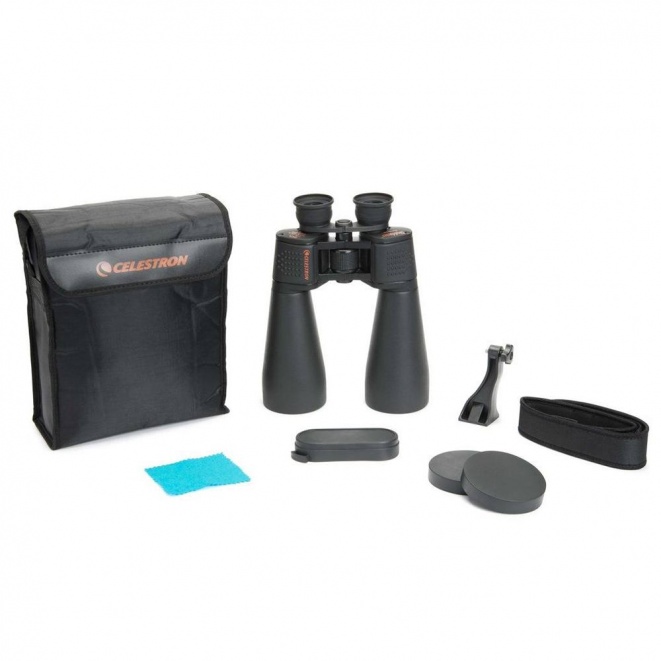:max_bytes(150000):strip_icc()/teacher-drawing-with-students-on-floor-at-preschool-960853360-316f077c1a504f24a0c12c0626a9f9ee.jpg)
When Is the Best Time to Start Preschool?
July 27, 2022Parenting is a struggle. This is a fact that no one would even dare dispute, and if they did you could just say something along the lines of “where are your kids then?” Being responsible for a whole other human being during their most critical developmental phase is a big thing.
You need to feed them properly, teach them morals, make sure they’re ready for school, get them enrolled in the proper programs, and make sure that by the time they’re an adult they’re ready to enter the world and the workforce.
Most parents have a lot of questions and aren’t quite sure what to do. The biggest and best example is knowing when to enroll their children in preschool. It can be especially stressful if you think about it too much.
Fortunately, this is a pretty easy question to answer so you can get a better understanding of when it’s best to enroll your child into a preschool. Having the right timing is important for this, and if you don’t know you’re going to by the time we’re done here. Without further ado, let’s get into it.
What is Preschool?
In order to be sure that we’re all on the same page, it’s going to be important to take a look at the concept of preschool from the ground up. This will help give you the context that you need in order to successfully enroll your child in a good program.
Preschool is a program that is designed for children who are between the ages of three to five years old. The main purpose of preschool is to prepare your child for kindergarten, as well as provide them with social and academic skills that they will need in order to be successful.
Some people believe that preschool is not necessary, however, research has shown that children who attend preschool are more likely to do better in school and have fewer behavioral issues than those who do not attend.
There are many different types of preschools, so it is important to do your research in order to find the right one for your child. Some preschools are part of a daycare center, while others are stand-alone schools.
There are also religious-based preschools and ones that follow a specific educational philosophy such as Montessori or Reggio Emilia. The type of preschool you choose will depend on your child’s needs and your family’s preferences.
Most preschools offer a half-day or full-day program. Half-day programs usually last from three to four hours, while full-day programs can last up to six hours. Full-day programs often include nap time and a hot lunch, while half-day programs may not have these amenities.
You should also inquire about the teacher-to-student ratio, as this can impact the quality of the instruction your child receives.
The cost of tuition can also vary depending on the type of program and the location of the school. Some schools offer scholarships or sliding scale tuition based on family income. It is important to ask about these options if you are concerned about affording preschool.
When you are touring potential schools, there are some important questions you should ask the staff. These include:
- What is the curriculum like?
- Is it play-based or academic?
- What kind of activities do the children participate in?
- Are there field trips? Special guests?
- How does the school handle discipline?
- What is their policy on bullying?
These will help you decide if a specific preschool is gonna be good for your child in both the short and long term.
The Science Behind Preschool
If you’re worried about the science behind preschools, don’t be. The research is abundantly clear that preschool provides a host of benefits for children, from improved academic performance to better behavior.
A recent study by the National Institutes of Health found that children who attended preschool were more likely to graduate from high school and less likely to need special education or be held back a grade.
They also found that children who attended preschool were less likely to engage in risky behaviors, such as using drugs or alcohol, and more likely to go on to college.
So why is preschool so beneficial? One reason is that it gives children a chance to socialize and learn how to cooperate with others. In a classroom setting, they learn how to take turns, share toys, and follow rules.
They also learn how to resolve conflicts without resorting to violence. These are important skills that will help them succeed in school and in life. Another reason why preschool is so beneficial is that it provides a foundation for academic success. Children who attend preschool are exposed to letter sounds, numbers, shapes, and colors, among other things.
They also learn how to follow directions and complete simple tasks. These early academic experiences give children the confidence they need to succeed in kindergarten and beyond.
In addition to the cognitive benefits of attending preschool, there are also some potential health benefits.
For example, one study found that children who attended Head Start programs were less likely than their non-Head Start peers to be obese as adults. Other studies have found that attending preschool can reduce the risk of developing chronic health conditions such as heart disease and diabetes later in life.
It’s important to keep in mind that not all preschools are created equal. Some programs are better than others at providing the benefits described above. When choosing a program for your child, it’s important to do your research and choose one that has a proven track record of success.
There are many things you should look for when choosing a preschool program for your child, but here are some of the most important:
- A safe and clean environment:
Look for a program that has been accredited by a national organization such as the National Association for the Education of Young Children (NAEYC). This means that it meets high standards for safety, cleanliness, and educational quality.
- Qualified staff:
The teachers at your chosen program should have early childhood education degrees or credentials from a professional organization such as the National Board for Professional Teaching Standards (NBPTS). They should also have experience working with young children.
- A positive learning environment:
The classrooms at your chosen program should be bright, cheerful, and well-organized. There should be plenty of age-appropriate toys and materials for the children to play with and explore.
When is the Best Time to Start Preschool?
The best time to start preschool depends on a number of factors, including your child’s age, development, and readiness for school.
Most experts agree that the ideal age for starting preschool is between three and four years old. This is because most children are developmentally ready to begin learning academic concepts such as numbers and letters at this age.
Starting preschool at an earlier age (between two and three years old) can be beneficial if your child is advanced for their age or if you are concerned about their social development. It may be a little more difficult to find a preschool for them at this age, but there are other programs that can help in the worst-case scenario.
Starting preschool at a later age (between four and five years old) is often recommended for children who are not yet academically or socially ready for school. These children may benefit from another year of play-based learning in a childcare setting before beginning kindergarten.
It’s important to keep in mind that there is no “perfect” time to start preschool. Every child develops at their own pace, so it’s important to talk to your child’s pediatrician or another early childhood expert if you have concerns about your child’s readiness for school. They can help you make a decision that is best for your child’s individual needs.
Here are some things to consider when deciding whether or not your child is ready for preschool:
- Is your child potty trained?
Most preschools require children to be potty trained before enrolling.
- Can your child follow simple instructions?
Preschool teachers will expect children to be able to follow basic rules and directions.
- Is your child comfortable being away from you?
If your child has never been away from you for more than a few hours, they may not be ready for a full day of preschool.
- Can your child socialize with other children?
Preschool is all about socializing and learning how to cooperate with others. If your child is shy or has trouble interacting with other kids, they may benefit from a year or two of play-based learning in a childcare setting before starting preschool.
Getting a Better Understanding of Preschool
The more you understand preschool, the better off you’ll be when you’re looking to get the best program for your child. If you don’t know a whole lot about childcare, there’s a good chance that you might just skip it for one reason or another.
Fortunately, there’s a lot of information available about preschool and many scientific studies that have been completed by people that study children both for school and for work.












![[pii_email_4349dab0e0760840840a]? [pii_email_4349dab0e0760840840a]?](http://fullonapp.com/wp-content/uploads/2021/08/pii_email_d6a09943977b247591d0.jpg)


